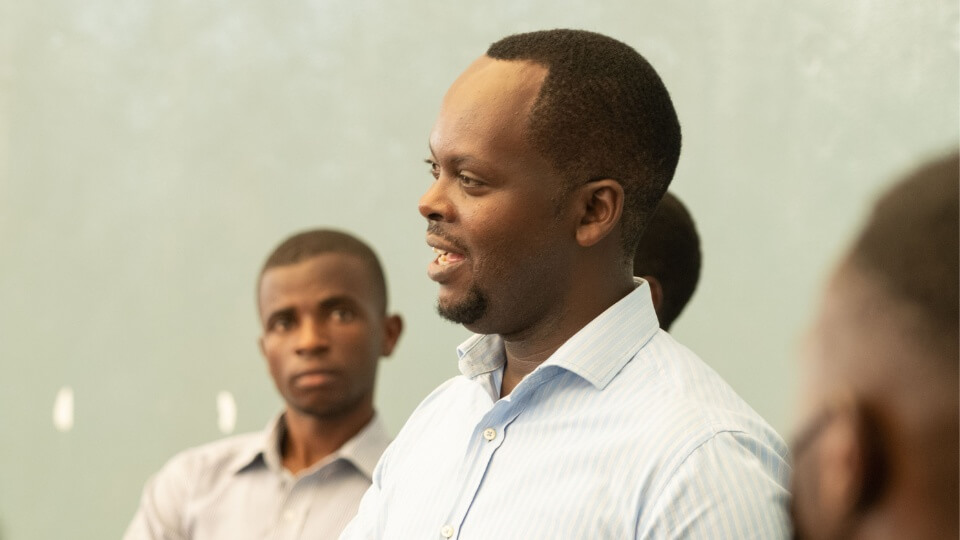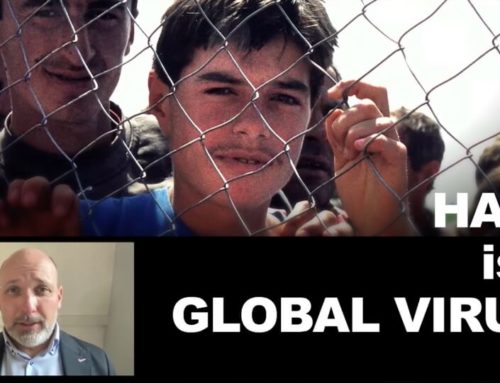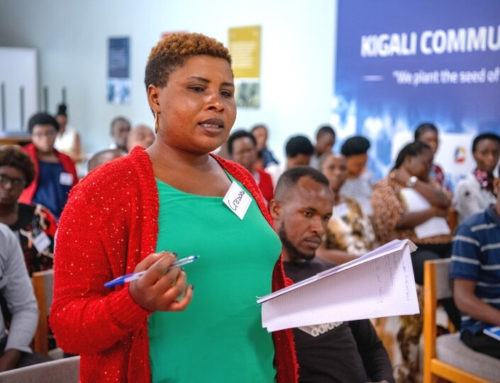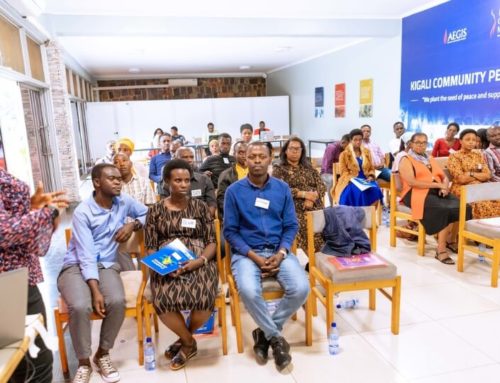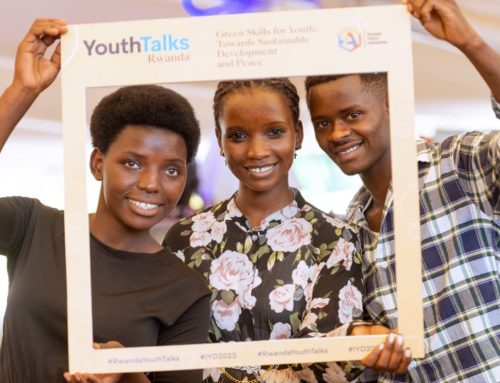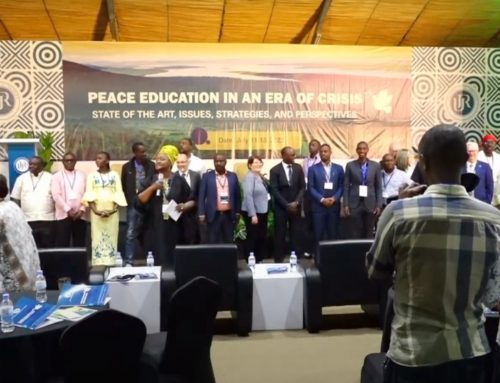What is it like to be a peace educator? For World Teachers Day 2023, we sat down with Appolon Gahongayire, Education Manager at the Aegis Trust in Kigali, to find out.
What is Peace Education to you? Peace education, to me, is the process of imparting knowledge and skills to foster understanding, empathy, conflict resolution, and a commitment to peaceful coexistence in individuals and society.
What inspired you to become a Peace educator? As a survivor of the 1994 Genocide against the Tutsi, I felt a strong desire to contribute to building a society where everyone can feel valued and not discriminated against based on their identity or origin, recognizing that no one has a choice in these matters.
What role do you believe Peace education plays in building a society more resilient to violence? I believe Peace education plays a crucial role in building a society more resilient to violence by fostering conflict resolution skills, empathy, and a culture of dialogue and understanding.
In your more than ten years as a peace educator, what accomplishment fills you with pride so far? In fifteen years as a peace educator, I have contributed to the development of Peace and Values Education content and methodology. These have been integrated into the Rwandan national curriculum as crosscutting issues. Currently, more than three million pupils enrolled in primary and secondary school education are learning to live in harmony and combat discrimination. Additionally, I have contributed to the training of over 30 thousand Rwandan teachers to utilize this content and methodology.
What has been the most exciting part of your experience, what’s one story that you will never forget? The most exciting part of my experience is seeing students transform their attitudes and behaviours towards peace and conflict resolution. “Before training, I could not think that parents can sow hatred and discrimination among their children. Now I learnt that I can still respect my parents and their opinions but with critical thinking. And this should be applied to everyone else,” one trained student stated.
What do you face as challenges? The challenges are many, but I can state a few of them:
- Dealing with trauma: addressing the deep trauma and emotional wounds of both students and educators.
- Reconciliation Struggles: navigating the delicate process of reconciliation and forgiveness among students from conflicting backgrounds.
- Sensitivity to history: being sensitive to the historical context and the complex legacies of genocide while promoting peace.
- Overcoming prejudice: tackling engrained prejudices and stereotypes that may persist in society.
If you could pass any wisdom to your fellow peace educators / aspiring peace educators, what would you share? I would share the wisdom of patience, empathy, and the belief that small actions for peace, when multiplied, can create lasting change in society.
What is your favourite book or who is your favourite author? My favourite book is ‘Built to last’ by Jim Collins.
What do you do for fun when you have time to relax? When I have time to relax, I enjoy nature, do sport, and read books.

